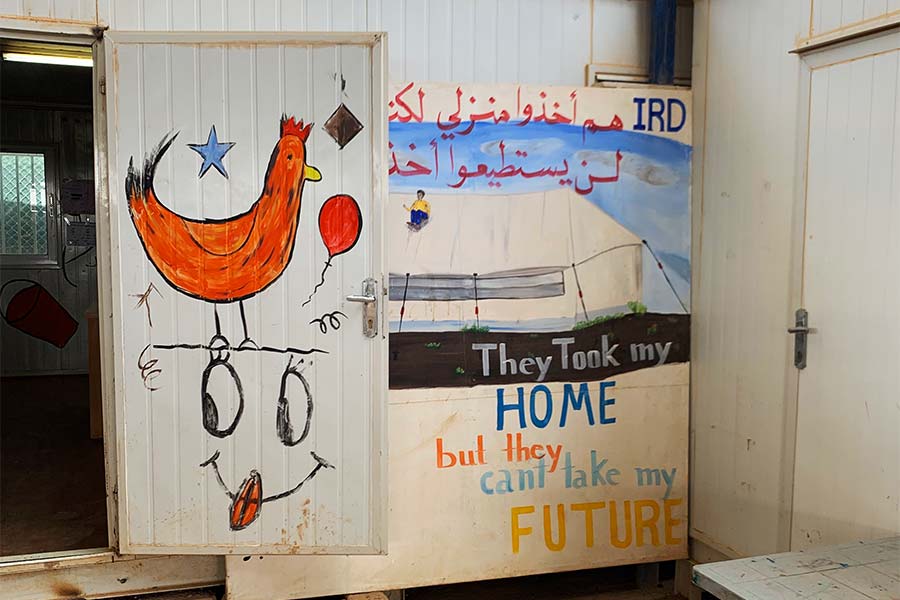The United Nations estimated at the end of 2018 that nearly 71 million people worldwide were then living displaced from their homes, including around 30 million refugees, over half of whom were children.

Many of these refugees come from countries and regions that are deeply religious, and expect to find a warm welcome in other places that they perceive to be similarly religious. Often, of course, they do not, and they find that religion does not have the central role in everyday public life that they expected to find. It is important, therefore, that we seek to better understand this ‘religiosity gap’ and its implications for the lives and experiences of refugees.
Religion affects the interactions of refugees with states and NGOs in many ways. For example, in their host country, religiously-committed refugees may find themselves as a minority (take the example of Muslim refugees in historically Christian European countries); possibly even as a minority within another minority (Christians among the Syrian refugees in the West); or as part of the majority (Syrian refugees in Turkey or Jordan). Additionally there are two major types of international organisations which play a role in shaping the religious dimension of the refugee crisis: transnational religious organisations, and international secular ones like the UN High Commission for Refugees (UNHCR).
Our research shows that refugees tend to be more assertive religiously than that of the population of the receiving country, which adds to the tensions around the crisis in two ways:
- First, in Western Europe, the deep religious commitments of many refugees feed into renewed tensions on the secular/religious divide and attendant controversies associated with the visibility of religious practices in public space. Often these religious practices constitute and shape private and public spaces, as well as themselves being informed by the contexts and places in which they are enacted.
- Second, there are clearly concerns around Jihadism and the securitisation of religion in some receiving countries, especially among Syrian refugees in Turkey, Jordan and Lebanon.
To help academics, policymakers and practitioners better understand these challenges, the Centre is currently building resources for researching the religious condition of refugees across a variety of countries (Germany, UK, France, Turkey, Jordan, Myanmar, Bangladesh) in cooperation with colleagues at Georgetown University (Katherine Marshall and David Hollenbach), the University of Amman, and Istanbul Bilgi University.
Religion and refugees is also one of the core themes of our Women, Faith and Humanitarian Interventions project.